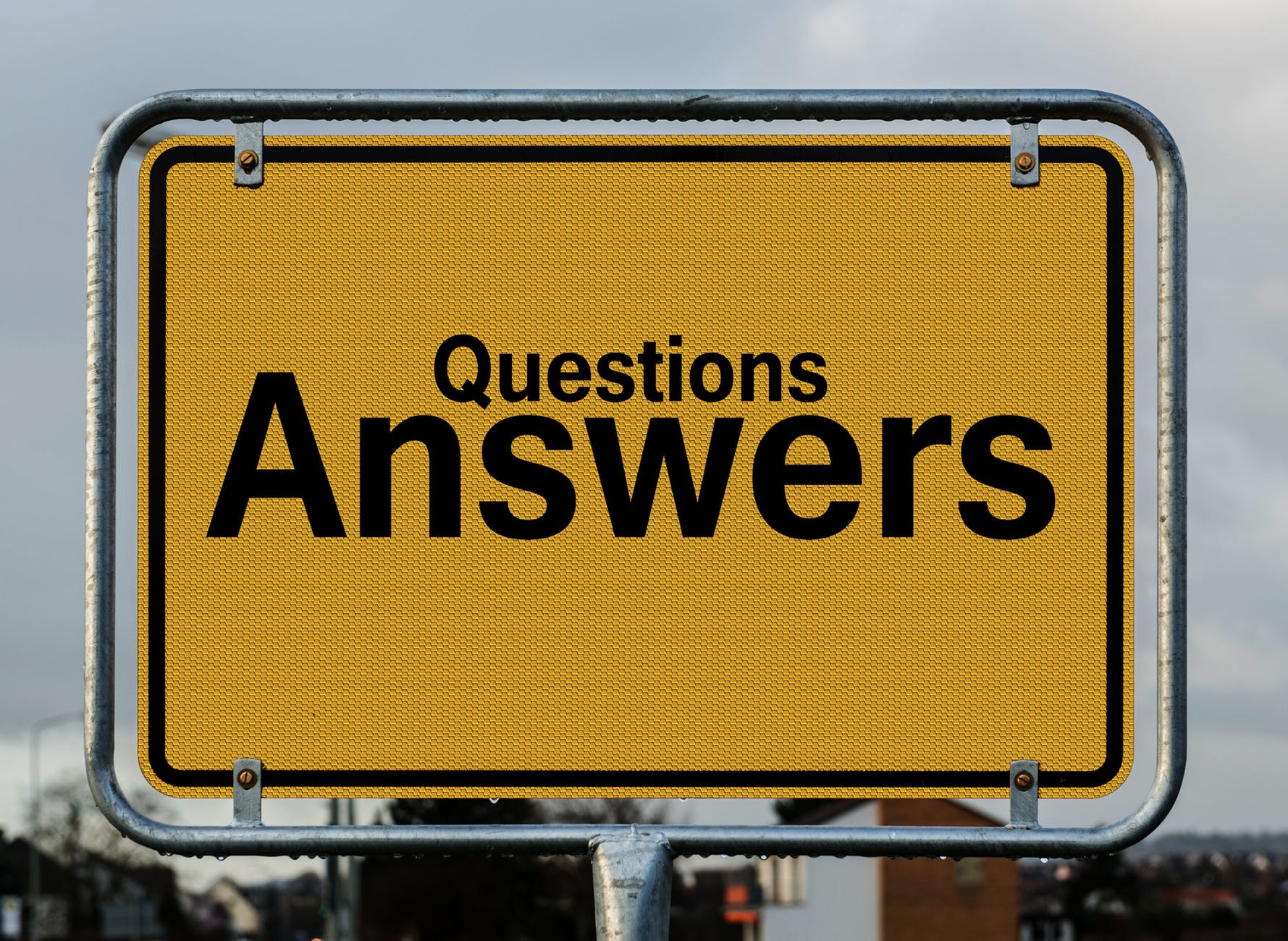Joe and I were in a serious relationship for a number of years. When we met, I had no intention of getting involved. I honestly thought that Joe was overrated. I’d heard all of the rumors. People either loved him or hated him. I’ll be honest, he had a reputation. Once people spent enough time with him, they were hooked. I knew I’d be stronger than the masses. Joe wasn’t going to break me. As I tried to avoid him, he somehow found every single way to show up. I’d run into him in the mornings and as I ran errands–literally everywhere.
Anytime I saw him, I’d avoid contact. I used every excuse in the book. It’s not you, it’s me…I’m just not ready for something like this…You’re not my type…and my personal favorite…I’m just not that into you. Nothing worked, so I found myself caving.
I kept it casual at first because I didn’t want feelings to get too strong. We saw each other once a week at the most. That only lasted so long. I soon got so attached that I felt I needed him to even function. If I wasn’t with Joe, I was thinking about Joe.
Our relationship soon turned into a rollercoaster of emotions. One minute we loved each other, and then the next minute we were fighting. One of his exes reached out to me–she said “run while you can.” I started having my doubts. He seemed so great. Joe could make you feel like you were capable of anything as long as he remained by your side.
The days Joe wasn’t around were hard and long. I couldn’t take it. There were days when I would stay in bed because I couldn’t function without him.
My friends sat me down one day and told me that this relationship needed to stop. They let me know that life was not meant to be lived being this dependent on someone as terrible as Joe. I was in denial. I let them know Joe and I were fine because I truly believed we were. My friends decided to challenge me to something because I just wasn’t understanding what they were saying.
In January of 2018, I was challenged to give up caffeine. Yes…Joe is a cup of coffee.
Queue the groaning, eye-roll, and sighs.
I had never truly been hooked on caffeine until student teaching began back in August. I used to be the person you wanted to punch in the face in the morning. You know what I’m talking about. The person who sings with the birds, cooks an elaborate breakfast, exercises, and usually reads for fun…all before 7:00am. I’ve never been the person that needs coffee in order to wake up. But between edTPA and early morning commutes, I found myself needing that extra pick-me-up.
And as my caffeine-less mind reflects upon teaching and coffee and everything good in the world, I think I’ve found a connection. Too much of anything isn’t great, and the excess of whatever that thing is can turn into a bad habit. Five cups of coffee a day isn’t the best habit to have (before you say anything, I know five cups is a lot). I’d argue that five worksheets in one class period is also a terrible habit.
Teaching routines and practices are a lot like a bad caffeine addiction. It starts out harmless, and it honestly feels good. Then that new thing becomes the new normal. The tough reality of habits is the fact that they are hard to break. The breaking of a bad habit takes work, takes time, and usually involves a bit of pain and discomfort along the way. As I watch veteran teachers doing their thing, I’ve found myself making comments like “I’ll never do that” and “they don’t need to teach.” As I continue to discover my teacher identity, I’m realizing that making those comments may be the most dangerous thing to do. As Justin Bieber says, “never say never.”
Again…queue the eye-roll and internal groaning.
I told myself I wouldn’t drink coffee, but when I started drinking coffee, my life felt like it was getting easier. If I promise to not do x, y, or z while teaching, I may very well end up doing those things because they make my life feel easier.
Just like I had to have a tough (and humorous) conversation about my caffeine addiction, I think we (as educators) need to have similar conversations about our teaching practices. We need to ask ourselves what we are dependent on. We need to evaluate what is healthy and what needs to go. We need to be okay with change, even when it hurts.
Do I still drink coffee? I’d be lying if I said no. I may or may not be drinking a GRANDE from Starbucks at the moment. The difference now is that I’m not dependent on caffeine. Studies show that coffee is actually good for you. Just like a little coffee is okay, I do believe that a worksheet, workday, independent work, and any other questionable teaching practice every now and then is okay too. The moment when a worksheet day becomes our new normal as teachers is when we probably (really) need to have that tough conversation.
So, how do you move on from teaching practices when they just aren’t working? How do you get rid of those bad habits and inaccurate beliefs about students and learning?
Community.
I most definitely did a WebMD search on how to get rid of a caffeine addiction, but I don’t believe teaching habits are broken by weaning off of worksheets or quitting things cold-turkey. I believe lasting change and transformation for educators happens within professional communities.
It’s organizations like NCTE and GCTE. It’s professional development days. It’s those teaching friends you make in the hallways of your school. It’s this cohort. These communities are the ones that allow us to break those bad habits. Why? They demand accountability. They offer new perspectives. They hold friendships. They inspire creativity. They keep education alive. They call you out when you can’t see what’s wrong.
But most importantly…they believe in the same thing–that education still changes lives.
 As a parent, a future educator, and human I have a few thoughts I’d like to place on the table.
As a parent, a future educator, and human I have a few thoughts I’d like to place on the table.






